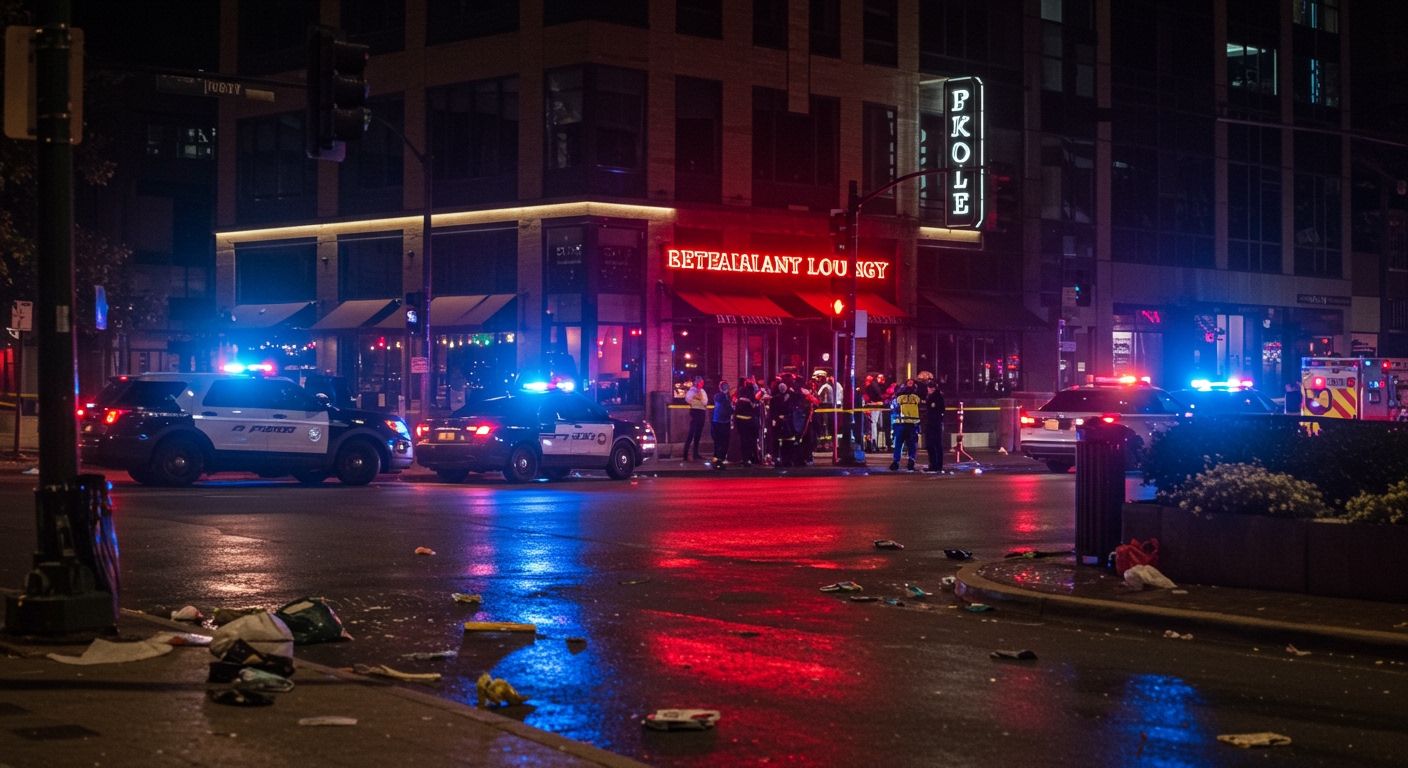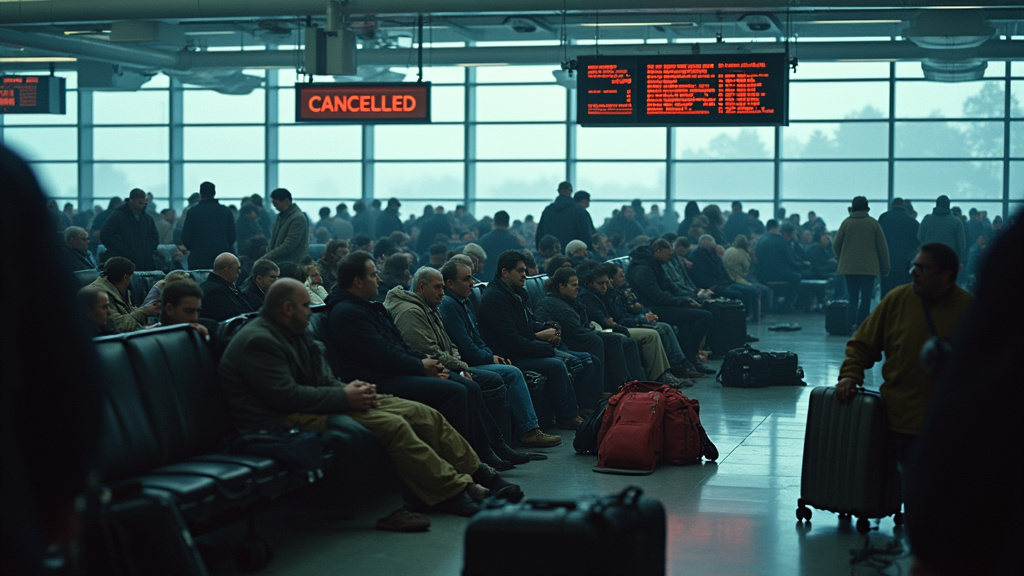CHICAGO – The City of Chicago has formally joined a burgeoning coalition of local governments challenging the Trump Administration’s policy of withholding federal funding from so-called “sanctuary jurisdictions.” The legal action targets the administration’s efforts to penalize cities and counties that decline to use local resources to assist with federal immigration enforcement and deportation efforts.
The lawsuit, initially filed by the City of San Francisco and the County of Santa Clara in the U.S. District Court for the Northern District of California, asserts that the administration’s actions are unconstitutional and exceed presidential authority. Chicago’s decision to join the suit aligns it with other municipalities across the United States that have adopted policies limiting their cooperation with federal immigration authorities on grounds of fostering community trust and upholding constitutional principles.
The Administration’s Policy and Executive Order 14159
The Trump Administration has taken a firm stance against jurisdictions that limit cooperation with federal immigration enforcement. A central element of this policy is Executive Order 14159, signed by President Donald Trump on his first day in office. This order directed federal agencies to evaluate existing regulations and take lawful actions to ensure that jurisdictions deemed “sanctuary cities” do not receive federal funds.
The administration argues that cities and counties that do not fully cooperate with federal immigration detainer requests or other enforcement actions are obstructing federal law and potentially endangering public safety. The threat of withholding significant federal funding streams – which support a wide range of vital local services from law enforcement and infrastructure to social programs – is intended as a mechanism to compel compliance with federal directives on immigration enforcement.
Chicago’s Stance and Legal Arguments
Chicago officials counter that the administration’s approach represents an overreach of federal power and an attempt to coerce local governments into enforcing federal civil immigration law, which they argue is not the responsibility or legal purview of local police departments.
Speaking on the city’s decision to join the lawsuit, Chicago Corporation Counsel Mary B. Richardson-Lowry emphasized the principle of local autonomy and the rule of law. “Federal funding should never be used as a tool to coerce local authorities into compliance with unlawful mandates,” stated Richardson-Lowry. She added that joining the legal action “reaffirms our commitment to defending the rule of law and protecting the ability of local governments to set policies that serve their communities.”
Central to Chicago’s argument, and that of the broader coalition, is the assertion that requiring cities to use their own resources for federal civil immigration law enforcement as a condition for receiving unrelated federal funding violates the U.S. Constitution. They contend that the Tenth Amendment reserves powers not delegated to the federal government to the states and the people, and that forcing local entities to carry out federal functions under threat of financial penalty is an unconstitutional infringement upon local sovereignty.
The Welcoming City Ordinance
Chicago’s specific policy regarding immigration enforcement is its Welcoming City Ordinance. This ordinance, first enacted in 2006 and updated since, is designed to ensure that undocumented immigrants can interact with city officials, including police, without fear that these interactions will lead to their deportation. A key provision of the ordinance bars Chicago police from cooperating with federal authorities in immigration enforcement solely based on an individual’s immigration status.
The city maintains that this policy is crucial for building trust between immigrant communities and law enforcement, encouraging crime reporting, and promoting public safety overall. City officials argue that diverting local police resources and personnel to perform federal immigration enforcement duties would not only strain municipal budgets but also undermine community relations, potentially making the city less safe.
Broader Implications and Legal Battleground
The lawsuit in the U.S. District Court for the Northern District of California is part of a larger legal battle playing out across the country between the Trump Administration and numerous cities and states over immigration policy and the extent of federal authority. Similar legal challenges have been mounted in other federal courts, leading to varied outcomes and temporary injunctions that have, at times, blocked the administration from fully implementing its funding threats.
These cases raise fundamental questions about the balance of power in the U.S. federal system, the limits of executive authority, and the rights of states and municipalities to set their own priorities and policies, particularly concerning how they interact with their resident populations.
The financial stakes are significant, as are the potential impacts on local services and immigrant communities. The outcome of this lawsuit, and others like it, could have far-reaching implications for the relationship between federal and local governments and the implementation of immigration policy in the United States for years to come.
By joining the suit, Chicago signals its determination to legally challenge the administration’s approach, standing with other jurisdictions that prioritize local control and community trust over what they view as unconstitutional federal mandates.














